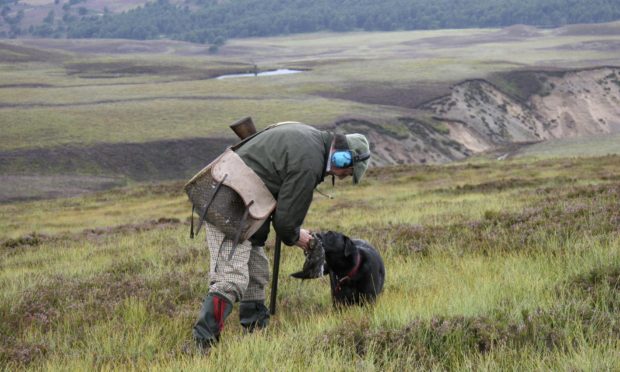The Tenant Farming Commissioner’s role is to promote good relationships in the tenanted sector – usually by publishing information on good practice and providing direct impartial advice to anyone who gets in touch.
You will hopefully have seen my guidance on an ever-increasing range of subjects such as relinquishment and assignation, diversification, tenant’s improvements, and fixed equipment.
However, being able to investigate alleged breaches of the Tenant Farming Commissioner’s codes of practice is what gives the Tenant Farming Commissioner’s remit particular purpose and effect.
The Land Reform Act 2016 not only created the role of the Tenant Farming Commissioner but also set out the remit and powers that the role has under statute.
The most significant power that I have is the requirement to investigate alleged breaches into codes of practice and publish my decision.
This means that I can publish the of name anyone who is found to be in breach of any of the statements set out in the Codes along with any recommendations.
The only financial penalty I can exert is over a party failing to provide information, if requested to do so, as part of the investigation into an alleged breach.
Interestingly, in a Scottish Government review of the Tenant Farming Commissioner’s functions in 2020, it was recommended that the Commissioner should be granted the authority to sanction and impose financial penalties on anyone found to have been in breach of the codes of practice.
It was felt that this would help to improve compliance with the codes of practice and may even encourage people to report alleged breaches.
This recommendation hasn’t been taken forward yet, but the Scottish Government may choose to do so in the future.
Over the past five years I have received several enquiries about reporting an alleged breach but, to date, have only formally conducted formal enquiries with a group of tenants who had the same landlord.
It may be that parties are more focussed on working through issues, rather than reporting breaches of codes of practice.
Resolving issues through constructive dialogue, and in some cases mediation, is something that I have been keen to promote and support as a productive way to resolve issues.
However, it should not be forgotten that parties can report a breach of a code of practice, and if there is sufficient information to support the alleged breach, I will investigate.
Before an investigation can begin, a relevant party – which can be a landlord, tenant, or their representative – has to submit information about the alleged breach.
The information must be specific, stating which code of practice is relevant and which part of the code has been breached and when.
Breaches are likely to relate to unreasonable behaviour by one party, not providing appropriate information, or not communicating effectively or in good time.
Evidence must be provided to support the alleged breach otherwise it cannot be considered; an investigation cannot take place into one person’s word against another’s.
Once the information has been assessed to see if it is sufficient, the other party is contacted for a response and asked to provide evidence from their perspective.
This is often what parties find difficult – they would like to report an alleged breach but do not want the Tenant Farming Commissioner to confront the other party in case it makes their relationship worse.
Maybe that’s why the lone investigation I have conducted into alleged breaches has been a mutual referral by land owner and a group of tenants.
The fear of consequences is understandable but if no one reports malpractice it is likely that poor behaviour will continue unchecked.
Only by calling out poor practice, and addressing it, will standards rise across the sector.
Everyone would of course like to see poor behaviour called out, but it seems that everyone would prefer that someone else takes the initiative.
There are six codes of practice currently in operation – management of relationships between agricultural tenants and the holder of sporting rights, late payment of rent, conducting rent reviews, agreeing and managing agricultural leases, the maintenance of the condition of tenanted agricultural holdings, and planning the future of limited partnerships.
If you would like to find out more about the codes, or reporting an alleged breach, do have a look at the information on the Scottish Land Commission’s website, landcommission.gov.scot, give me a call to discuss on 01463 423 300, or get in touch by email at tfc@landcommission.gov.scot.
Bob McIntosh: Can an agricultural tenancy exist without a written lease?
Bob McIntosh is Scotland’s Tenant Farming Commissioner.



